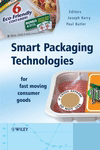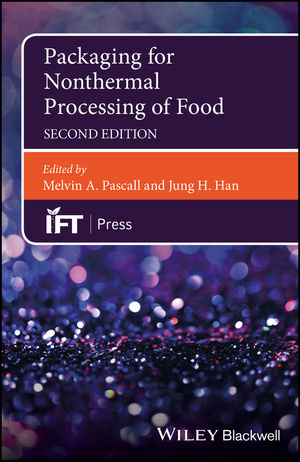First study on American EPR for packaging shows promising results for recycling
Industry-reviewed study shows clear potential for success of market-based recycling policy

The full results of a first of its kind study on an American-designed extended producer responsibility (EPR) recycling model were released by Recycling Reinvented (Recycling-Reinvented.org). The results demonstrate that EPR for packaging and printed paper (PPP) can significantly increase stagnant recycling rates for valuable packaging commodities at similar costs to current methods, and be financed directly by industry with limited impacts.
The study analyzes a proposed model of EPR for PPP that is administered and managed by industry producers and implemented at the state level. The full scope of the study lays out the definitions for the proposed system, analyzes the potential benefits and expenses of such a system, and determines the potential fees on packaging types to finance the system.
"We set out to give industry leaders, policy makers and advocates the real data and analysis they need to make informed decisions on an EPR system designed for American markets," says Paul Gardner, executive director for Recycling Reinvented and former state legislator. "We've achieved that purpose and the result is a truly positive story."
Previously released results demonstrated that the proposed EPR model is likely to increase recycling rates with costs similar to the current system. In the final study report, one of the most important findings for stakeholders are the fees that would be assessed on packaging materials in order to finance the system. Results show that across most materials, fees on producers would be fractions of a penny per unit, and in the case of products with high post-consumer value and well developed markets, producers may even receive credits.
When compared to other systems designed to increase recycling rates, the study demonstrates that EPR will provide similar results, for more materials, at significantly less cost to producers.
The study was reviewed by over two dozen recycling experts at three major stages throughout the process. Reviewers’ comments influenced the design of the EPR model, the findings on projected outcomes and expenses, and the fees assessed to producers on each packaging material. Throughout the study, working papers have been available for public comment in an effort for the process to be collaborative and transparent.
"As the largest producer of bottled water in North America, we feel strongly about issues affecting packaging and we see the coming impacts of commodity shortages of post-consumer recycled materials," says Brian Flaherty of Nestlé Waters North America. "We are pleased that Recycling Reinvented encouraged participation of a broad list of stakeholders in this study and stayed true to their mission to establish a factual baseline for American EPR."
Looking for a reprint of this article?
From high-res PDFs to custom plaques, order your copy today!








